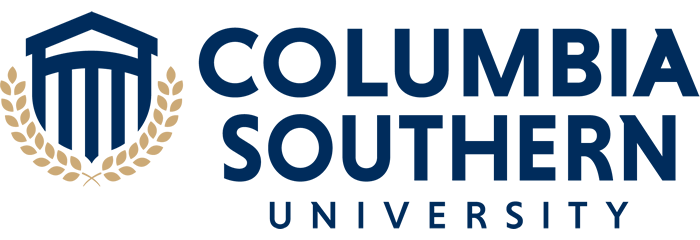Columbia Southern University Reviews of Master's in Occupational Safety
Locations: Orange Beach (AL)
Annual Tuition: $6,600
View reviews of all degrees >>
Steven Gillet
Reviewed: 8/19/2022
Degree: Occupational Safety
I have attended this school for over 6 years. Graduated with honors. Retired military(submarines), have attained degrees from other schools with not as high of learning potential. I am a go getter and good study habit has given me great benefit. You get back what you put in. I believe CSU to be top notch curriculum. This school is no degree mill. The courses have had much difficulty and have provided success. My resume proves this school has given me a good benefit. Many naysayers that have no idea... Read More
HamboJambo
Reviewed: 7/14/2020
Degree: Occupational Safety
I started to pursue a Master's of Occupational Safety and Health at this school, but realized after my first class that my degree would not be worth the paper it was printed on. For a master's level course, very little effort was required to get an "A" in the class. Honestly, I just started to completely bluff my papers and assignments without even reading the required materials once I realized no matter what I submitted, I would get a high B or A.
Online Business Masquerading as an Educational Institution
Reviewed: 9/12/2018
Degree: Occupational Safety
I purchased three degrees (Associate of Science, Bachelor of Science, and Master of Science) from Columbia Southern University (CSU). The established trend throughout all three programs was the Professors failing to provide valid and useful feedback (i.e. indicating where the mistakes actually were on the submitted assignments) in order to reinforce potential learning points. Without identifying where the "minor errors in punctuation and grammar" or "APA formatting errors" existed in the submissions,... Read More
Mike
Reviewed: 9/11/2018
Degree: Occupational Safety
In 2009, I was pursuing a deggree in Environmental Science and I found Columbia Southern University which offered what I was looking for in the field of environmental science and safety. This degree helped me obtained a position as an Enviromental Inpsector and later as a Safety Trainer.
Tyler
Reviewed: 5/1/2018
Degree: Occupational Safety
I want to first state that online university is a different a sometimes misunderstood approach to education. Although this is outside of the norm there are some benefits to pursuing a degree online, specifically Columbia Southern University. First off, the course load is manageable especially for a full time worker with a family. Second, the cost is reasonable. With that being said, you will get what you put in- I spent the majority of my first year just skating by however once I started engaging... Read More
Great school
Reviewed: 7/13/2017
Degree: Occupational Safety
I have attended 5 colleges (3 online and 2 local while going to CSU). This school has never once let me down. I am amazed there is anything less than 4 abd 5 star reviews. The professors are great and provide real life knowledge and application to the curriculum. My advisor (Patty Russell) has been so helpful throughout getting my As, BS, and as I go into my MS. The professors have made themselves available to me both during and after I have completed their classes; I've even reached out to one for... Read More
C.T.
Reviewed: 12/21/2016
Degree: Occupational Safety
I spent over 12 years in the public fire service and then made the move to industrial safety. I now work in the oil and gas industry as an Environmental, Safety and Health professional. Overall I am pleased with my educational experience with CSU. The courses were beneficial and some of the instructors were very helpful. I did have a few courses where the instructors seemed to be under qualified judging by the feedback that they administered. One negative comment that I will make is that some instructors... Read More
JP
Reviewed: 9/3/2016
Degree: Occupational Safety
Let's first start with affordability. This school is extremely affordable, and I received my second masters for under $10k. It was so affordable I paid out of pocket unlike my first masters from another university that I am still paying on five years later. If accreditation is important to you, you should attend Waldorf University which is CSU sister school. They have similar focuses, and they are regionally accredited. However, they cost a little more. Second, the professors are knowledgeable and... Read More

